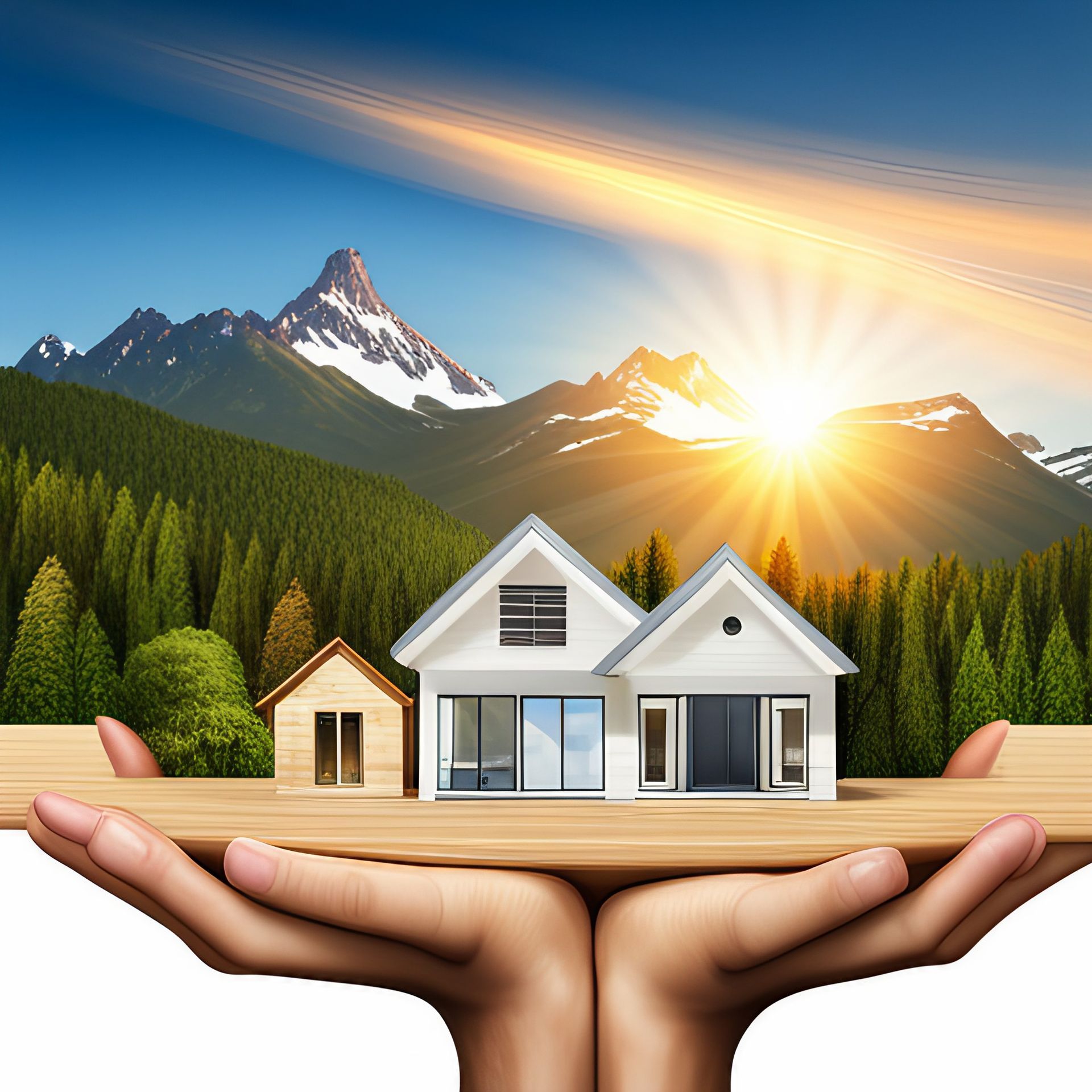What's the point of your business?
No one cares about your success anymore.
In the 2020s, people want to know what you're doing for the world. If you are doing something meaningful, others will follow you, work with you and buy from you.
If not, your business will fail.
In previous decades consumers, employees, and investors wanted to work with profitable and successful companies.
Financial success was enough to be an attractive business. Brands like Coca-cola, MacDonalds and British Airways thrived on admiration. Success bred success. A profitable business was seen as strong and stable. It was prestigious to be associated with these companies, as an employee, investor and even a customer. People wanted to be associated with successful, profitable companies because it meant they were successful consumers, employees and investors.
But this is no longer true.
The reputations of so many companies have been damaged by corporate scandals, defective products and conduct issues. Increased awareness of the damage businesses can do has turned public opinion. Financial success is questioned. "How was that success achieved?", "At what cost to others?" and "What damage was created?". It's no longer enough to answer these questions, your whole business has to be ahead of questioning, demonstrating worthiness in every action.
Consumers like to buy from companies that care.
Employees want to work in businesses they believe in. Social Purpose businesses provide employees a reason to get up in the morning, and a mission to work on.
Investors want to put their money behind businesses that are making a difference and that won't embarrass them with a scandal. This isn't only because it feels better or that regulators are now heavily encouraging it. Smart investors realise that the tides have turned and that social-purpose businesses are going to be the success stories of the future. In the future social purpose businesses will generate the highest returns, as well as positive impact, and greater employee engagement.
Businesses that don't have a meaningful social purpose will struggle to find customers, employees, and capital.
This creates a problem for existing businesses. Since the mid-20th century business thinking has centred around shareholder value. Maximising returns for shareholders to create growth, profit and jobs. This is exactly the opposite of what customers, employees and investors now want. Most existing businesses are not satisfying the needs of those important stakeholders. There is already a huge demand for social impact businesses and not enough of them, and the problem will get worse.
I worked with a major UK asset manager to launch a very well-intended impact investment fund. Each investment was chosen on the merits of its impact (social purpose) as well as risk and return. The fund very quickly raised £5bn of investment! However, 3 years later they haven't been able to find sufficient social-purpose businesses to invest that money into.
Their challenge is an opportunity for every business.
Small and medium-sized businesses have been leading the way. Businesses like Who Gives a Crap, Divine Cocoa and Olio, have founded their business based on a social purpose and are thriving as a result. The social purpose of Who Gives a Crap is to ensure every person in the world has access to sanitation, in the founder's lifetime. There are 2 billion people without access to a toilet. Who Gives a Crap is helping to solve this problem by selling toilet roll and donating 50% of all profits to their cause. Having a social purpose also means they've built their business on sustainable principles. What's the point of solving world sanitation if you're flushing the environment down the toilet? The result is a passionate customer following, free publicity, 50% revenue growth and £10m (Ausie) donated to their cause so far.
Start-ups alone cannot meet the huge demand for social-purpose businesses.
Your existing business already has a social purpose. It's most likely hiding in one of two ways. The first way is by not being well articulated or not being understood. The second is it isn't fully integrated into your business. That's because, as leaders, we weren't taught to do those things. All business education to date has been focussed on how to maximise shareholder value. As a result, the true purpose of your business is hidden or not properly used. The result is lost impact, lost engagement and lost growth. It also means less shareholder value and declining profits in future.
Imagine a supermarket with a strong social purpose. Perhaps it was founded 100 years ago to solve local food supply issues. Over 100 years that message has probably been lost. Now imagine that through some research the retailer's leadership team, re-discover this and re-imaging the modern business as a result. Perhaps they're bold and re-design the business to solve world hunger. That's a clearly defined and ambitious social purpose. It's not enough to just state the purpose, (and that would be purpose-washing). The next stage is to fully integrate the social purpose into everything they do. From suppliers and sourcing to distribution, recruitment and sales activities. It would require new processes central to their purpose, like waste management, distribution of food to those that need it, and cost efficiency. They might develop initiatives to feed the homeless and those below the poverty line. Research to prevent the causes of food poverty or employee engagement programmes where staff distribute food to the needy. Then imagine how those new practices would appeal to customers, creating fans. Staff that truly believe in the business. New products, new partnerships and new market opportunities. Imagine how a loyal following would also excite investors. It's also fun and enriching for everyone involved. The result is more impact, higher engagement and faster growth.
Every business can do this. The ones that don't will fail and the ones that do have the potential for huge success. It's not easy. It takes a complete re-imagination of the business starting with (1) Defining your social purpose and (2) Integrating social purpose into everything you do. Once the social purpose is defined you can work through integration over time. As you do you'll gain momentum, creating impact, engagement and growth.
Stage 1 of our DREAM business method, Define your social purpose, is a good way to get started. You can follow the guide for free on this website.



